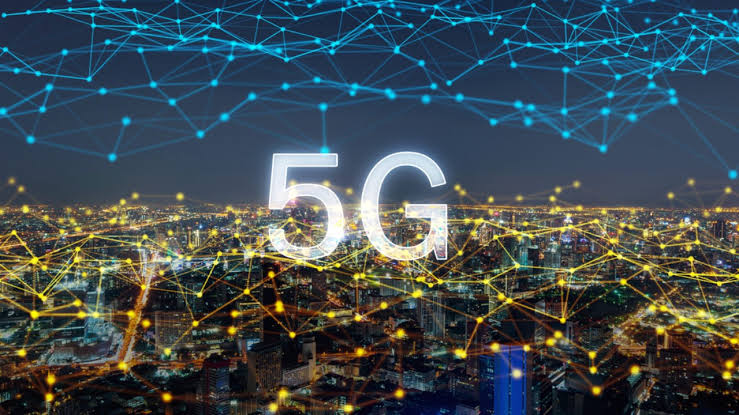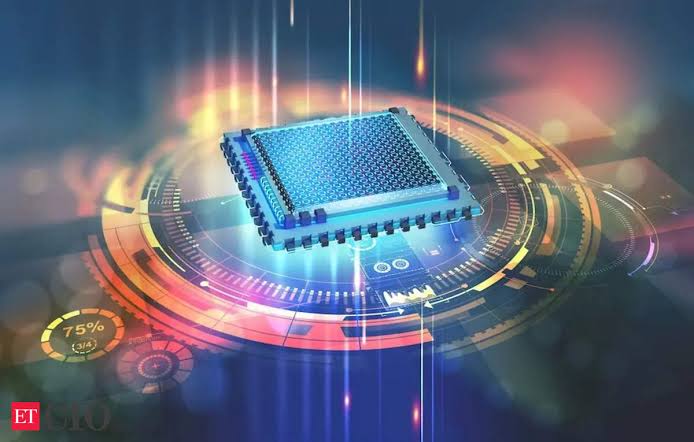
The rollout of 5G technology is set to revolutionize mobile technology as we know it, offering unprecedented speed, lower latency, and greater connectivity. As the fifth generation of mobile networks, 5G promises to enhance not only personal communication but also various industries, transforming the way we interact with technology. Let’s explore the key features of 5G, its implications for mobile technology, and the broader impact on society.
Understanding 5G Technology
5G technology represents a significant advancement over its predecessor, 4G LTE. It operates on a higher frequency spectrum, allowing for faster data transmission and increased capacity. Key features of 5G include:
- Speed: 5G networks can achieve speeds of up to 10 Gbps, which is up to 100 times faster than 4G.
- Lower Latency: With latency as low as 1 millisecond, 5G enables real-time communication, crucial for applications like autonomous vehicles and remote surgery.
- Massive Connectivity: 5G can support up to 1 million devices per square kilometer, facilitating the growth of the Internet of Things (IoT).
Enhancing Mobile Experiences
1. Improved Streaming and Gaming
One of the most significant impacts of 5G on mobile technology is the enhancement of streaming and gaming experiences. With higher speeds and reduced buffering times, users can stream high-definition video content seamlessly. For instance, platforms like Netflix and YouTube are already optimizing their services for 5G to provide users with immersive viewing experiences.
Furthermore, mobile gaming will see substantial improvements, with real-time multiplayer games becoming more accessible. Gamers will experience lower lag times, allowing for smoother gameplay. Companies like Qualcomm are already showcasing 5G-enabled mobile gaming experiences that offer console-quality graphics on smartphones.
2. The Rise of Augmented and Virtual Reality
5G technology will also play a crucial role in the adoption of augmented reality (AR) and virtual reality (VR). With its high data rates and low latency, 5G enables seamless AR and VR experiences on mobile devices. Applications range from gaming to education and training. For example, companies like Facebook (Meta) are investing heavily in VR platforms, leveraging 5G to create more interactive and immersive environments.
Transforming Industries Through 5G
1. Smart Cities
The implementation of 5G technology is essential for the development of smart cities. With its ability to connect numerous devices, 5G will facilitate real-time data collection and communication between various urban systems. Smart traffic management systems can optimize traffic flow and reduce congestion by analyzing data from connected vehicles and infrastructure.
- Enhanced public safety through connected surveillance systems
- Efficient energy management with smart grids
- Improved waste management using connected sensors
2. Healthcare Innovations
In the healthcare sector, 5G has the potential to revolutionize patient care and medical services. Telemedicine will become more efficient, allowing for high-quality video consultations and remote monitoring of patients. For instance, 5G can support real-time data transfer from wearable devices, enabling healthcare providers to monitor patients’ conditions continuously.
Moreover, remote surgeries performed by expert surgeons using robotic systems can become a reality, as 5G ensures that the communication between the surgeon and the robotic system is instantaneous and reliable.
Challenges and Considerations
1. Infrastructure Requirements
Despite the immense potential of 5G, there are challenges to its widespread adoption. The infrastructure required for 5G networks is significant, with more cell towers and antennas needed to support the higher frequency signals. Cities and rural areas must invest in upgrading their infrastructure, which can be costly and time-consuming.
2. Security Concerns
With increased connectivity comes heightened security risks. The proliferation of connected devices makes networks more vulnerable to cyberattacks. Ensuring the security of 5G networks and the data transmitted across them is a crucial consideration for both providers and users. Companies and governments will need to implement robust security protocols to mitigate these risks.
Conclusion: The Future of Mobile Technology with 5G
5G technology is set to revolutionize mobile technology, offering faster speeds, lower latency, and greater connectivity. Its impact extends beyond personal communication, influencing industries such as healthcare, transportation, and entertainment. While challenges such as infrastructure development and security must be addressed, the benefits of 5G are undeniable.
As we move towards a more connected future, the adoption of 5G will unlock new possibilities, transforming how we live, work, and interact with technology. Embracing this technology will be essential for individuals and businesses alike to thrive in the digital age.


